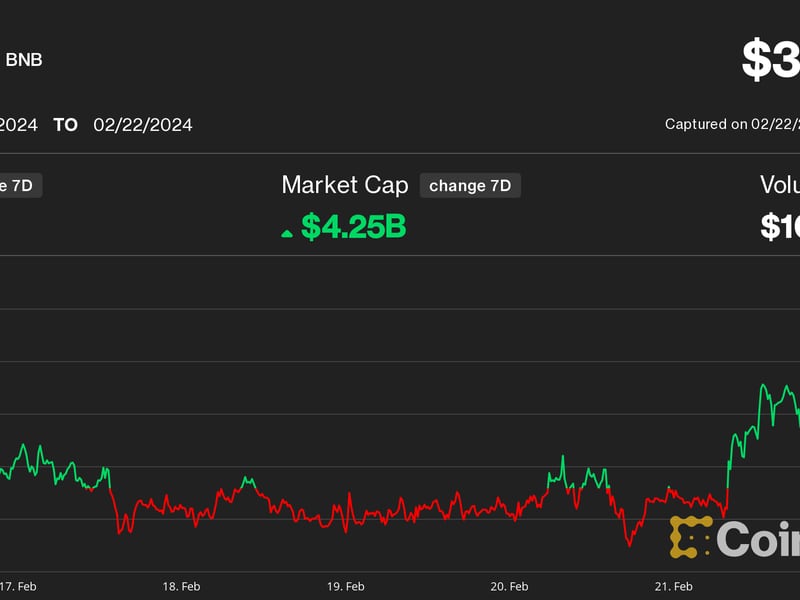Latin America’s Big Blockchain Opportunity
Latin America’s Big Blockchain Opportunity
When I lived in Chile during the 2000s, I would bring a book to the bank because there was always a one-hour wait just to talk to a teller. Registering a mortgage for a makeshift dwelling in Rocinha (a favela in Rio de Janeiro) was a seemingly impossible task, as there were no formal ways to secure title for illegal settlements on invaded land. Returning defective products to a department store in Peru remains a Kafka-esque exercise involving documents and stamps and an excruciating process that might as well have included a body cavity search.
It is not surprising that Latin America and the Caribbean have long been left behind economically, eternally dependent on the industrialized, developed north. In 2008’s “Falling Behind,” Francis Fukuyama brought together scholars to unpack the reasons why the economic gap between Latin America and the United States had grown so wide when in the year 1700 they were so similarly situated. The authors determined that poor public policy choices – including state-based investment and other government interventions – were, in part, to blame.
James Cooper is Associate Dean, Experiential Learning and Professor of Law at California Western School of Law in San Diego. He has advised governments around the Americas on disruptive technologies in the judicial sector for over two decades.
Economic nationalism, undertaken through import substitution, strict capital controls and stifling regulation, made financial institutions lethargic, their balance sheets anemic and their service ethic customer-unfriendly, the group decided. Banks, insurance firms, consumer credit institutions and cooperative agencies of Latin America have long suffered with such inefficiencies, and have faced runs on accounts during economic unstable times as well as hyper-inflation and massive thefts of account holders’ deposits.
It is no wonder that several Latin American countries resisted for so long joining the World Trade Organization and entering into bilateral or multilateral trade agreements with the United States. It was protectionism, mixed with a dash of fear of foreign competition and a sprinkle of cronyism.
In 2001, the Peruvian sociologist Hernando de Soto posited that reducing bureaucracy (such as registering land titles) and regularizing businesses could unleash trillions of dollars of investment throughout the developing world. By ending decades of state intervention in the economies and opening society to market economics, he argued, states could enjoy economies of scale, growth through competition and other benefits that often come with market liberalization.
A few states – Carlos Menem’s Argentina, Augusto Pinochet’s Chile and Gonzalo Sanchez de Lozada’s Bolivia to name a few – did implement these market-friendly reforms and grew their economies to varying levels of success. What they all had in common was the privatization of public services, free-floating their respective currencies and reducing tariff and other trade barriers.
Regularizing businesses could unleash trillions of dollars of investment throughout the developing world
Blockchain technology is the natural next step in this process. And the forgotten continent is a perfect proving ground. By decentralizing the financial sector and putting trust in distributed ledgers, there will be less need for traditional, inefficient and corrupt intermediaries like the financial services behemoths that that have long mismanaged the economy and injured depositors’ interests.
Blockchain scholars rightfully view Latin America and the Caribbean as a complex patchwork of finance cultures and challenges. Settle Network, operating in Argentina, Mexico and Brazil – the economic powerhouses of the region – sees the potential of moving remittances, registering land titles, and facilitating payments for the massive regional communities of unbanked and underbanked. Chile’s Kibernum provides blockchain solutions for the private and public sectors and is committed to corporate social responsibility, a luxury for many companies barely scratching out a living there. Kibernum’s Marko Knezovic sees an opportunity for blockchain to forge a new constitution in Chile, a process that “should be highly transparent and immutable.”
In the Caribbean, the Bahamas has adopted blockchain technology with its new Sand Dollar, making it the first country in the world to deploy a central bank digital currency. The Organization of Eastern Caribbean States is following suit as part of its Digital Transformation Project, sponsored by the World Bank. The regional group’s Eastern Caribbean Central Bank seeks to increase access to digital finance through a blockchain-enabled digital common currency.
Even Haiti, the Western Hemisphere’s poorest country, is getting into the action. Karl Seelig of Digital Davos and ChainBLX is providing the blockchain technology and investment platform for the Andre Berto Fund and its gold mining operations “investing in building multiple dimensional economies, fighting the exploitation of labor.” This means supply chain tracking to ensure no child labor is used and a micro payment system to undergird more equitable economic growth.
Latin America and the Caribbean remain the most unequal continent in the world. But with blockchain solutions, some of the region’s historic dependency and underdevelopment can be undone. At the very least, some of the long waits in line for bank services, to pay an energy bill or to obtain a government license can be avoided.








